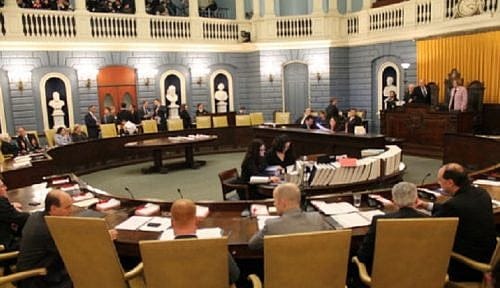Massachusetts Senate Gutting Statutory Rape? Key Legislator Says No, But Family Advocate Wary of Bill

The Massachusetts Senate has approved a bill that would possibly legalize oral sex and other sex acts between adults and certain minors, although a key legislative leader says that's not the intent and that it won't happen.
The Senate late last week passed a bill restating that it's illegal to engage in sexual intercourse with a minor but removing what the current statute calls "unnatural sexual intercourse." Courts have held that term to include non-procreative penetrative sex acts.

